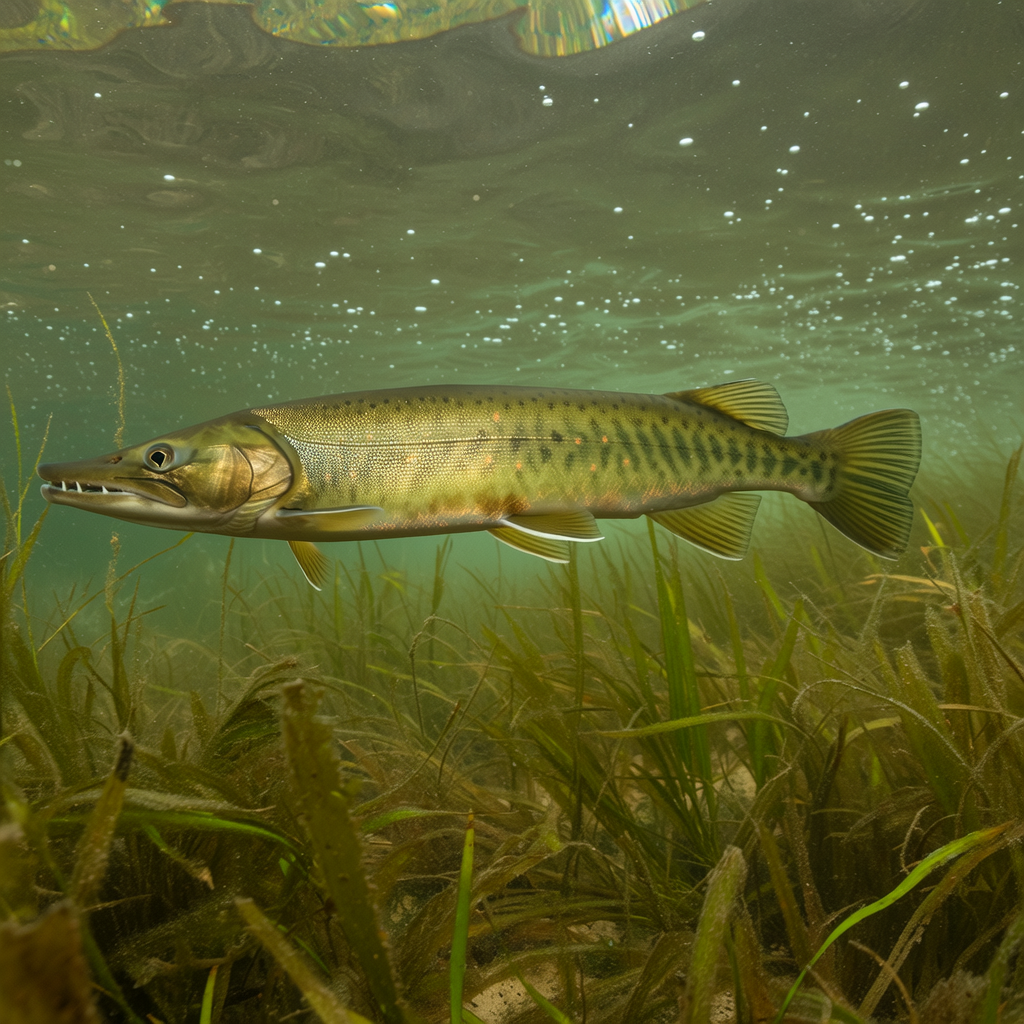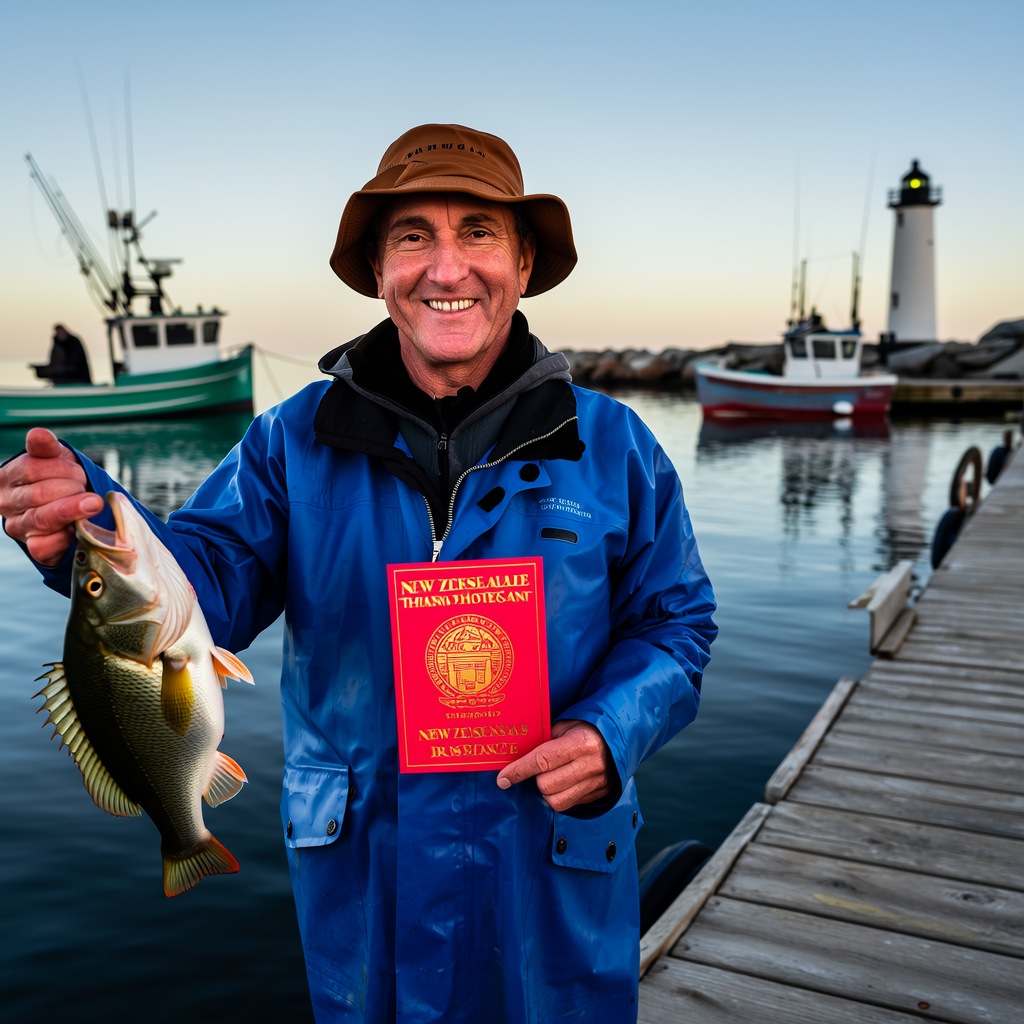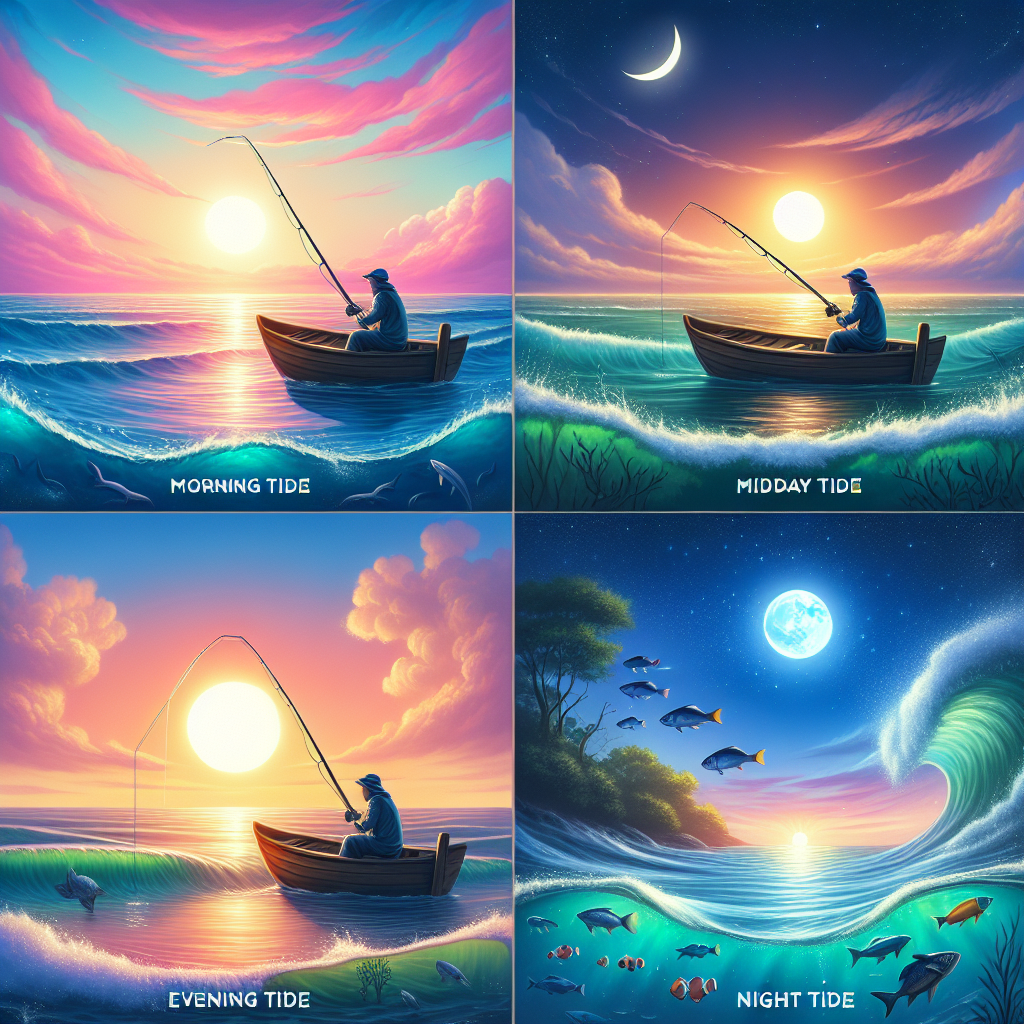Ocean fishing is one of the most rewarding and exciting experiences for anglers. There is nothing more exciting than catching a large fish and enjoying the beautiful scenery while you do it.
The Benefits of Ocean Fishing
Many people enjoy ocean fishing for its many benefits. It is a great activity to relieve stress in the great outdoors. It can also be a great social activity to do with family or friends, making it an enjoyable and memorable experience. Finally, fishing in the ocean can help you get closer to nature. It will also allow you to appreciate the beauty of ocean life and the creatures that live there.
The Best Time to Fish in Ocean
When planning a fishing trip in the ocean, the time of the year is a very important factor to consider. It pays to research and plan according to the best times of year for catching specific types of fish. The spring and fall months tend to be the best for ocean fishing, as the water temperatures are ideal for a variety of fish species. The best times to fish are also the early mornings and late afternoons, when the fish tend to be most active.
What types of fish can you catch on the ocean?
You can catch a variety of fish species in the ocean. Each has its own unique characteristics and behavior. Tuna, swordfish, marlin and snapper are some of the most popular species to catch. The types of fish you can catch will depend on where you’re fishing and what time of year it is. It’s important to do some research to make sure you’re targeting the right species.
What you will need to Fish on Ocean
You will need to have a range of specialized gear in order to fish in the ocean. This includes a fishing rod, reel and line, as well as hooks, lures and bait. You will also need a boat (or access to one), as well as safety gear like life jackets and radios. Dress appropriately for the weather conditions and conditions in which you will be fishing.
The Best Techniques to Catch Fish on Ocean
You can use a variety of techniques to catch fish in the ocean. Each technique is different and depends on the type fish you’re targeting and the conditions that you are fishing under. Trolling, casting jigging and bottom fishing are some of the most popular techniques. It is also important to choose the right baits and lures for the species that you are targeting. You should also pay attention to the behavior of fish and the movement of water.
The Importance Of Conservation When Fishing On Ocean
While ocean fishing can be a rewarding and fun experience, it’s important to remember that conservation is essential. Overfishing, as well as other unsustainable practices, can cause a decline in the fish population and harm the delicate ocean ecosystem. It is important to adhere to local fishing regulations and best practice. You should also release any non-targeted fish you catch into the water without harm.
The Future of Ocean Fishing
The future of ocean fishing depends in large part on our ability manage our fisheries sustainably. There are many challenges that the fishing industry faces today, such as climate change, pollution and overfishing. However, there are also numerous opportunities for growth and innovation. By focusing our efforts on sustainable practices and responsible techniques of fishing, we can ensure future generations will continue to enjoy the thrills and rewards of ocean fishing for many years to come.
Conclusion
Fishing in the ocean can be a rewarding and exciting experience. It will bring you closer to the nature and allow you to appreciate the beauty of ocean. We can ensure future generations will be able to enjoy this pastime by following sustainable techniques and best practices.
Don’t forget the local regulations and the right equipment when planning a trip to the ocean to fish. You can make some incredible memories and catch some amazing fish with a little preparation and patience.




